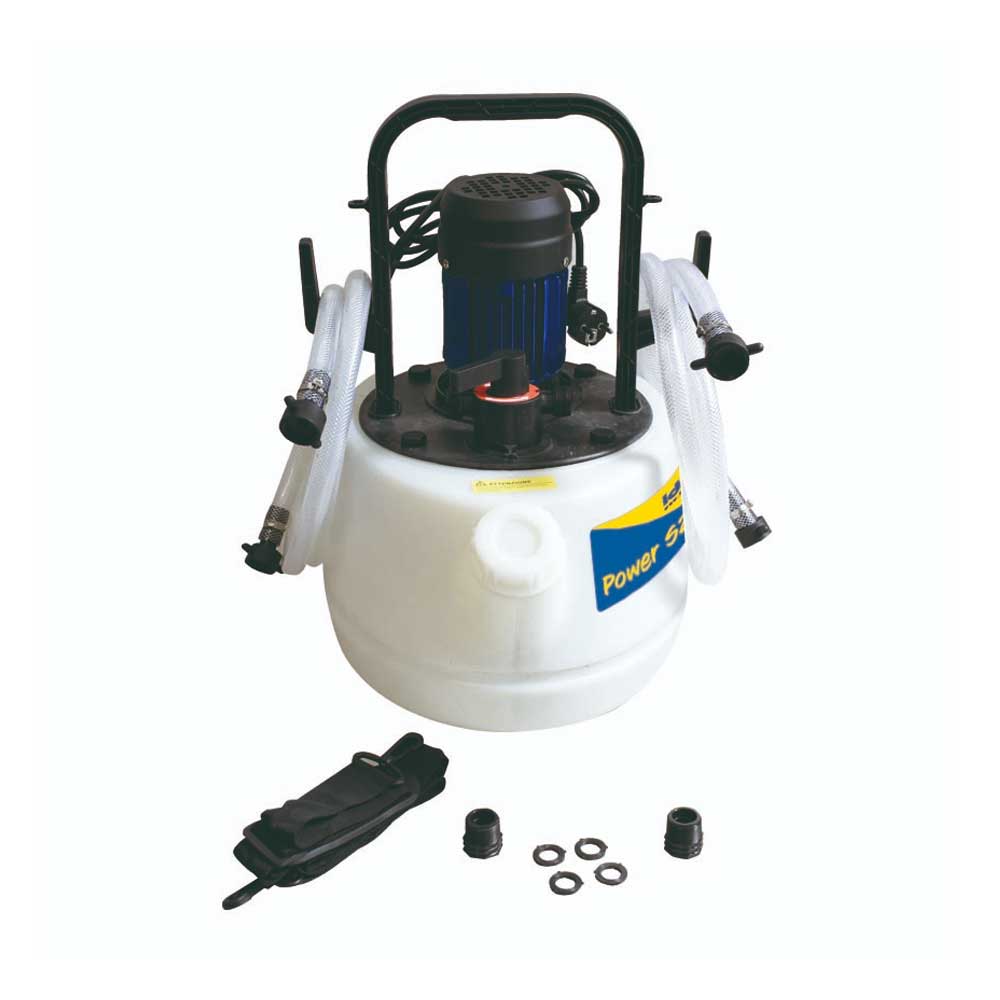Consigli e Idee
The revolution in water treatment: a closer look at water softener pumps.

The revolution in water treatment: a closer look at water softener pumps.
In the context of water treatment, water softener pumps are a key innovation to ensure the quality and safety of drinking water. These pumps have been developed to solve one of the most common problems in water supply: Limescale. In this article, we will take a closer look at the operation, benefits and possible applications of water softening pumps, focusing on the importance of this tool for improving water quality.
The need for water treatment
Water is a vital resource, but it can be contaminated by various substances, including limescale. Limescale is a natural substance consisting mainly of calcium and magnesium carbonate that builds up in pipes and appliances, causing damage and affecting the efficiency of water systems. Limescale build-up can also affect the taste and quality of water, making it less enjoyable.
To solve this problem, various water treatment technologies have been developed, including water softening pumps, which are specifically designed to remove limescale and ensure high water quality for a variety of applications.
How do water softening pumps work?
Softening pumps mainly work through a process known as ion exchange. In this process, the calcium and magnesium ions in the water are replaced by sodium ions. Softening pumps are equipped with negatively charged synthetic resins, so-called ion exchange resins, which attract and retain calcium and magnesium ions while releasing sodium ions into the water.
This process reduces water hardness and prevents limescale from building up in water systems and household appliances. Softener pumps are designed for efficiency and reliability, allowing a constant flow of treated water without compromising the pressure or quality of the water.
Advantages of water softener pumps
Water softener pumps offer a number of significant benefits for domestic and commercial users. Here are some of the most important benefits
Longer life of household appliances: By reducing limescale build-up in appliances such as washing machines, dishwashers and kettles, descaling pumps help to extend the life of appliances and reduce maintenance costs.
Energy savings: Appliances that run on soft water require less energy to function efficiently, reducing energy consumption and associated costs.
Improved water quality: By removing limescale and other impurities, these pumps help to improve the taste and smell of the water, making it more pleasant to drink and use for food preparation.
Lower maintenance costs: Less limescale build-up also means that water systems need to be cleaned and maintained less often, which reduces operating costs in the long term.
Environmental sustainability: By reducing energy consumption and the need to replace limescale-damaged appliances, descaling pumps help to promote environmental sustainability and reduce waste.
Applications of softening pumps
Softener pumps are used in a wide range of industries and environments:
Private households: To ensure high water quality for domestic use and maintenance of household appliances.
Gastronomy and restaurants : To improve the quality of water used for food and beverage preparation while reducing wear and tear on cooking and cooling equipment.
Food and beverage industry: Treatment of water used in production and cleaning processes to ensure compliance with hygiene and quality standards.
Healthcare and pharmaceutical industry: To ensure the purity and absence of contaminants in water used for sterilization processes and the production of pharmaceuticals.
Chemical and processing industry: To protect equipment and cooling systems from scaling and other contaminants.
Conclusions
Softener pumps are an efficient and innovative solution for water treatment, offering numerous benefits in terms of efficiency, energy savings and water quality. Thanks to their advanced technology and ability to adapt to different water conditions, these pumps are becoming increasingly popular in a variety of industries and applications. Thanks to an ongoing commitment to innovation and quality, water softening pumps continue to play a key role in improving water quality and promoting people's health and well-being.